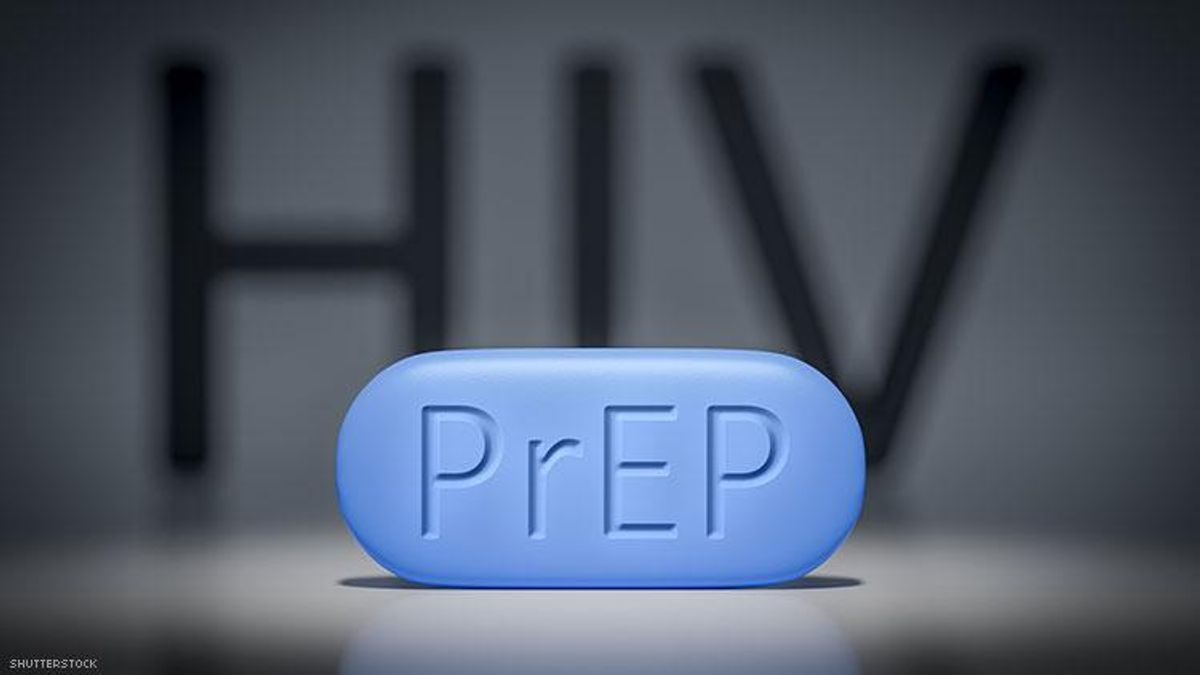Stigma
U.S. Insurance Companies Might Now Have To Cover PrEP For All

Private and commercial companies are being influenced by the U.S. Task Force to cover Truvada without any costs from consumers.
June 12 2019 5:00 AM EST
May 26 2023 1:45 PM EST
By continuing to use our site, you agree to our Private Policy and Terms of Use.

Private and commercial companies are being influenced by the U.S. Task Force to cover Truvada without any costs from consumers.
The United States Prevention Services Task Force has given a grade A recommendation that private insurers must, by law, pay for PrEP without any deductibles, co-pays, or co-insurance costs falling on the consumer.
The move is groundbreaking in that it will help motivate those most at-risk to start practicing PrEP, a prevention strategy that when used as directed makes it virtually impossible to contract HIV.
According to the Affordable Care Act, which is the current law of the land, users of grade A and B recommended strategies should not be asked for co-payments or other cost sharing. As a result, the new recommendation from the Task Force is likely to influence insurance companies to fall in line with the health bill's instruction. (However, people might still be required to pay for blood tests and clinic visits.)
Truvada, the only FDA-approved drug sold as PrEP, has seen uphill battles in the last few months due to its high market price of nearly $3,000 per month.
The people most likely to benefit are those with private or commercial insurance since people who have health coverage through Medicaid and other government programs don't usually have out-of-pocket expenses for PrEP. For those with private or commercial insurance, co-payments could be anywhere between $50 and $500.
“The significance of the new recommendations lies in the large number of individuals in the United States whose insurance coverage for HIV preventive services, notably PrEP, will be favorably affected,” said Dr Rochelle Walensky and Dr David Paltiel in an editorial published in the Journal of the American Medical Association. “The USPSTF has taken an important step in securing access to services that will hasten the end of the HIV epidemic in the United States by 2030."
However, many folks still have issues with adherence, which is something that also needs to be addressed. As NAM AIDS Map points out, a recent Los Angeles-based study found that those whose Truvada was covered by a private insurance were more likely to stop taking the drug, compared to people whose PrEP was covered by a government program and those without insurance.
Furthermore, the new guidelines recommend that health professionals offer PrEP to those at high risk of HIV transmission — specifically gay and bisexual men, those who report having condomless sex, who've had a recent STI, who have an HIV-positive sex partner, straight folks with high-risk sex practices, injection drug users, sex workers, as well as transgender people.
While the USPSTF also note possible liver and kidney side effects, it cites that the evidence for other possible harms — like bone loss and drug resistance — was weaker and brought no cause for alarm.
“The USPSTF concludes with high certainty that the net benefit of the use of PrEP to reduce the risk of acquisition of HIV infection in persons at high risk of HIV infection is substantial,” the USPSTF stated.